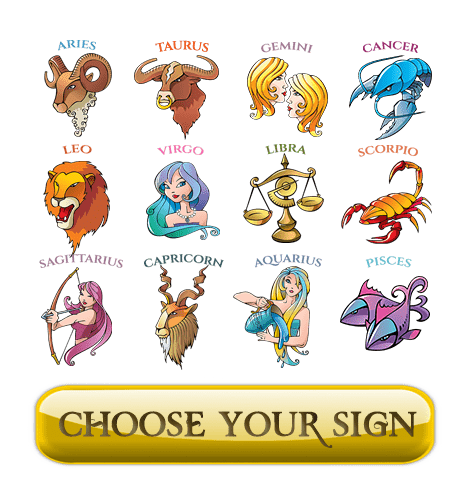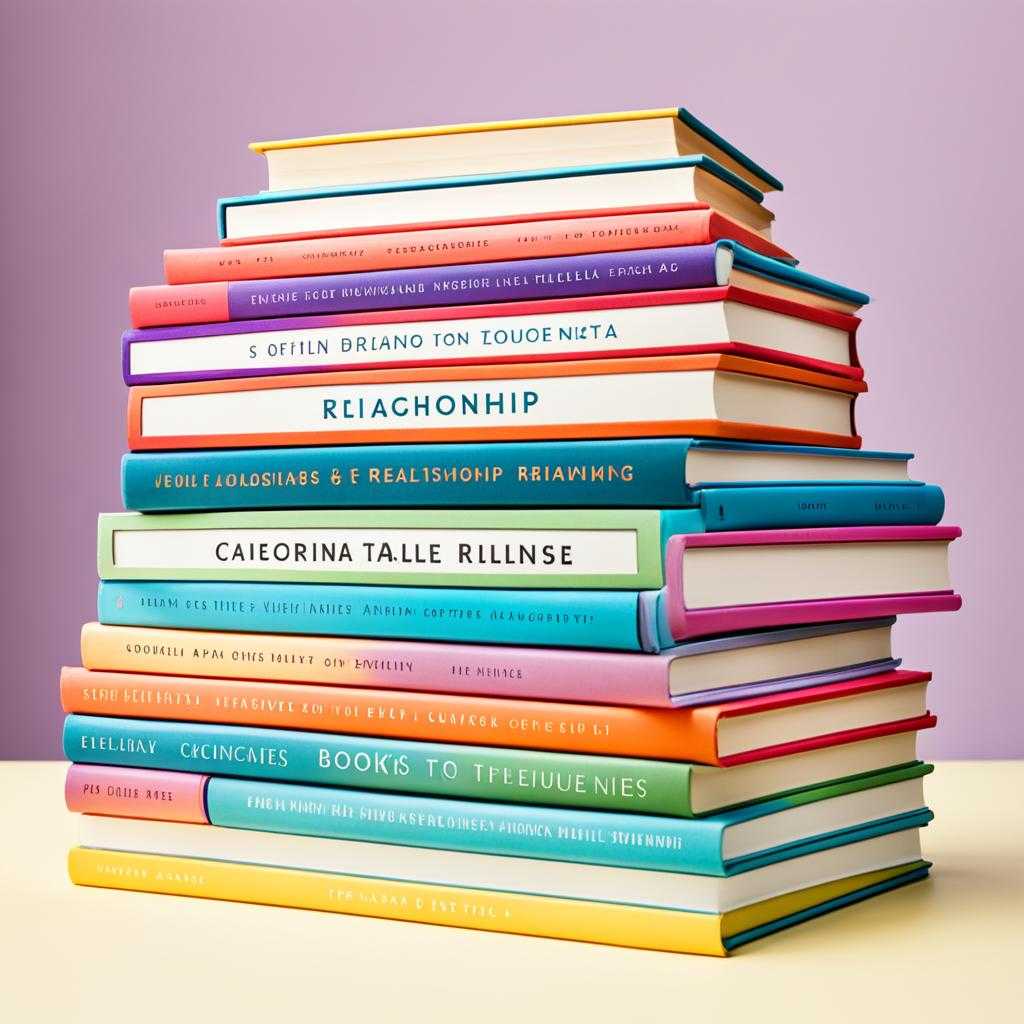Online Relationship Advice: Tips for Healthy Connections
Romantic relationships have their highs and lows, needing effort and change with your partner. Most healthy relationships share certain traits. They keep an emotional connection strong, deal with disagreements nicely, and encourage friendships outside the relationship. Good communication is vital. It includes talking openly and understanding each other without words. Love needs work to keep it from fading.
Key Takeaways
- Maintaining a meaningful emotional connection is crucial for healthy relationships.
- Respectful disagreement and conflict resolution are important for relationship growth.
- Preserving individual identities and outside relationships helps prevent unhealthy co-dependence.
- Effective communication, both verbal and nonverbal, is a cornerstone of healthy relationships.
- Staying in love requires ongoing effort and attention to nurture the relationship.
Understanding Healthy Relationships
Healthy relationships are all about a meaningful emotional connection. Feeling loved means feeling accepted and valued by the other. Some relationships are only peaceful without true emotional connection.
Without this connection, partners just drift apart even if it seems okay from the outside.
Maintaining Emotional Connection
Maintaining a deep emotional connection is key to a meaningful relationship. Spend quality time together. Listen to what each other needs and feels.
It’s also important to regularly show your love and appreciation. This isn’t just about being close physically. Real emotional intimacy strengthens the relationship.
Embracing Respectful Disagreement
In healthy relationships, it’s okay to not always agree. The important part is to feel safe talking about issues without fear. And to avoid trying to always be right.
Effective communication and resolving conflicts peacefully are key. They keep the relationship peaceful and strong.
Preserving Individual Identities
Don’t lose yourself in a relationship. Keep your own identity, stay connected with loved ones, and enjoy your hobbies. No one person can fulfill all your needs.
Putting too much pressure on your partner doesn’t help. To keep your relationship strong, maintain interests and an individual identity.
Online Relationship Advice for Long-Distance Couples

Many long-distance relationships fail because the couple only talks occasionally. They grow distant because they’re not making time. But even far apart, you must communicate a lot. Setting a scheduled time to talk, even briefly, helps a lot.
Prioritizing Daily Communication
Sharing special moments is key, like on birthdays or when a movie you both like comes out. This makes the distance feel smaller. You can watch the same movie on Netflix and chat about it. Or learn something new together. These activities bring you closer.
Creating Shared Experiences
Not knowing when you’ll be together again causes many long-distance relationships to fail. Talking about your future and your shared dreams is essential. As people change, being honest about your desires is vital. If it’s not meant to be, it’s okay to part ways. With a clear path to being together and a lot of patience, you can overcome the distance.
Setting Realistic Goals and Plans
Conclusion
Making relationships work is hard, but it’s very rewarding. It’s essential to be emotionally connected and to respect each other even when you disagree. Keeping your own identity while being in a relationship matters a lot too. These are the keys to making a relationship strong and long-lasting.
For couples who are far from each other, staying connected every day is vital. Making special memories together and having realistic plans for the future can keep you both strong. This way, the distance won’t feel so hard.
Good relationships grow from hard work, understanding, and a willingness to change together. No matter the distance, keep talking and working together. Care for your relationship always, and it will only get better with time.
Love’s path is not always easy. But facing it together can bring big rewards. It’s important to enjoy the good moments and battle through the tough ones. By following these tips, you’re steered towards a truly wonderful relationship.





























